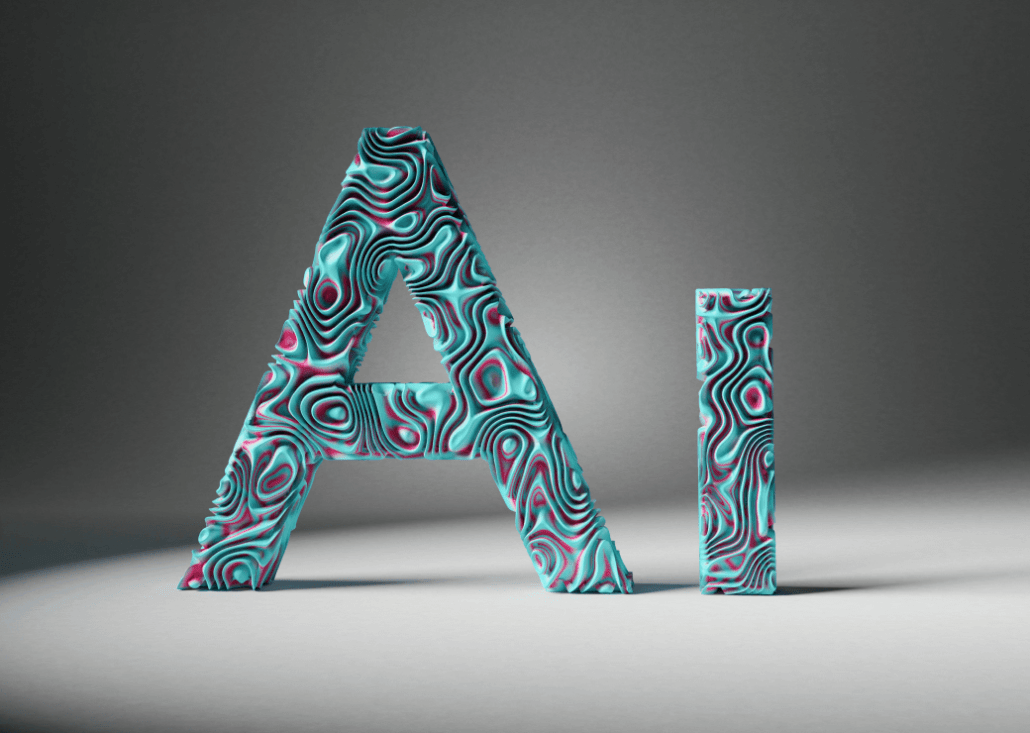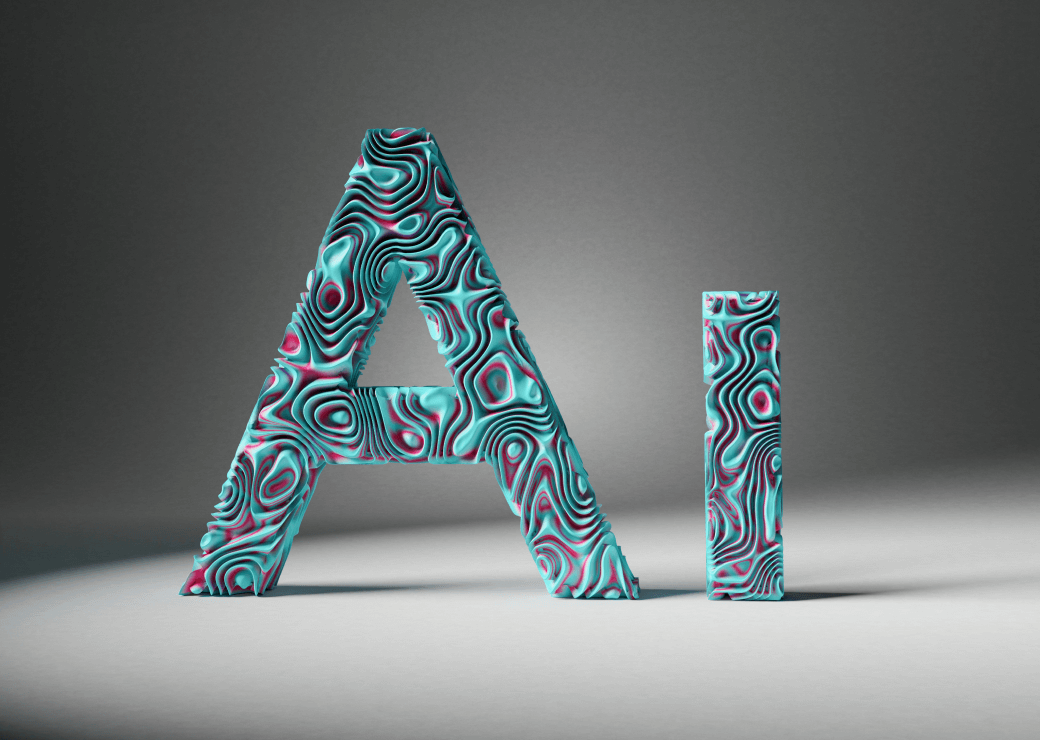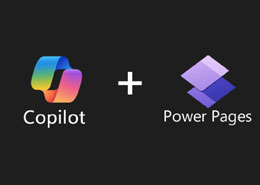by Francesco Marcolini | AxioWorks CEO, Software Architect and Developer///
H3 – Bold Sub copy should go here
Paragraph Default – Then lead into body description text
Dont forget to add a Tag!
The Rise of AI in Everyday Life
Artificial intelligence (AI) has transitioned from being a futuristic concept to an integral part of daily life. From personalised recommendations on streaming platforms to voice-activated assistants like Alexa and Siri, AI is reshaping how we interact with technology. These systems analyse vast amounts of data to provide insights and conveniences that were unimaginable just a decade ago. As the technology evolves, AI continues to bridge the gap between human needs and computational power, creating seamless experiences that feel almost intuitive.
Transforming Industries with Automation
AI’s impact isn’t limited to consumer technology; it’s revolutionising industries across the board. In healthcare, AI algorithms assist in diagnosing diseases with unprecedented accuracy, often detecting conditions that might be missed by human eyes. Meanwhile, in finance, AI-driven systems are streamlining processes, from fraud detection to algorithmic trading. Even in agriculture, AI-powered drones and sensors are helping farmers optimise yields and minimise waste. The ability to process and analyse data on such a massive scale is making AI indispensable across various sectors.
Ethical Challenges in AI Development
As AI grows more advanced, it raises significant ethical concerns. One of the primary challenges is bias within AI systems, which often arises from biased data used during training. This can lead to unfair or discriminatory outcomes, particularly in sensitive areas like hiring or law enforcement. Additionally, concerns about job displacement due to automation are fuelling debates about how societies can adapt to a rapidly changing job market. Transparency and accountability in AI decision-making processes remain critical to building trust in these systems.
The Role of AI in Creativity
While AI is typically associated with logical and analytical tasks, its role in creative fields is expanding. Tools powered by AI can now compose music, generate artwork, and even write compelling narratives. These advancements are blurring the lines between human and machine creativity, sparking debates about the authenticity and value of AI-generated content. However, rather than replacing human creators, AI is increasingly seen as a collaborative tool that can augment creativity and inspire new artistic possibilities.
The Future of Artificial Intelligence
Looking ahead, the potential for AI is staggering. Researchers are exploring ways to make AI systems more explainable, ensuring that their decisions can be understood and trusted. Advancements in natural language processing and computer vision are paving the way for more immersive and interactive AI applications. Moreover, the integration of AI with other emerging technologies, such as quantum computing and the Internet of Things, promises to unlock capabilities that could transform the world even further. As AI continues to evolve, its impact on society will likely be both profound and complex.
You can also add more pictures in the body of the article…

Have Fun!


